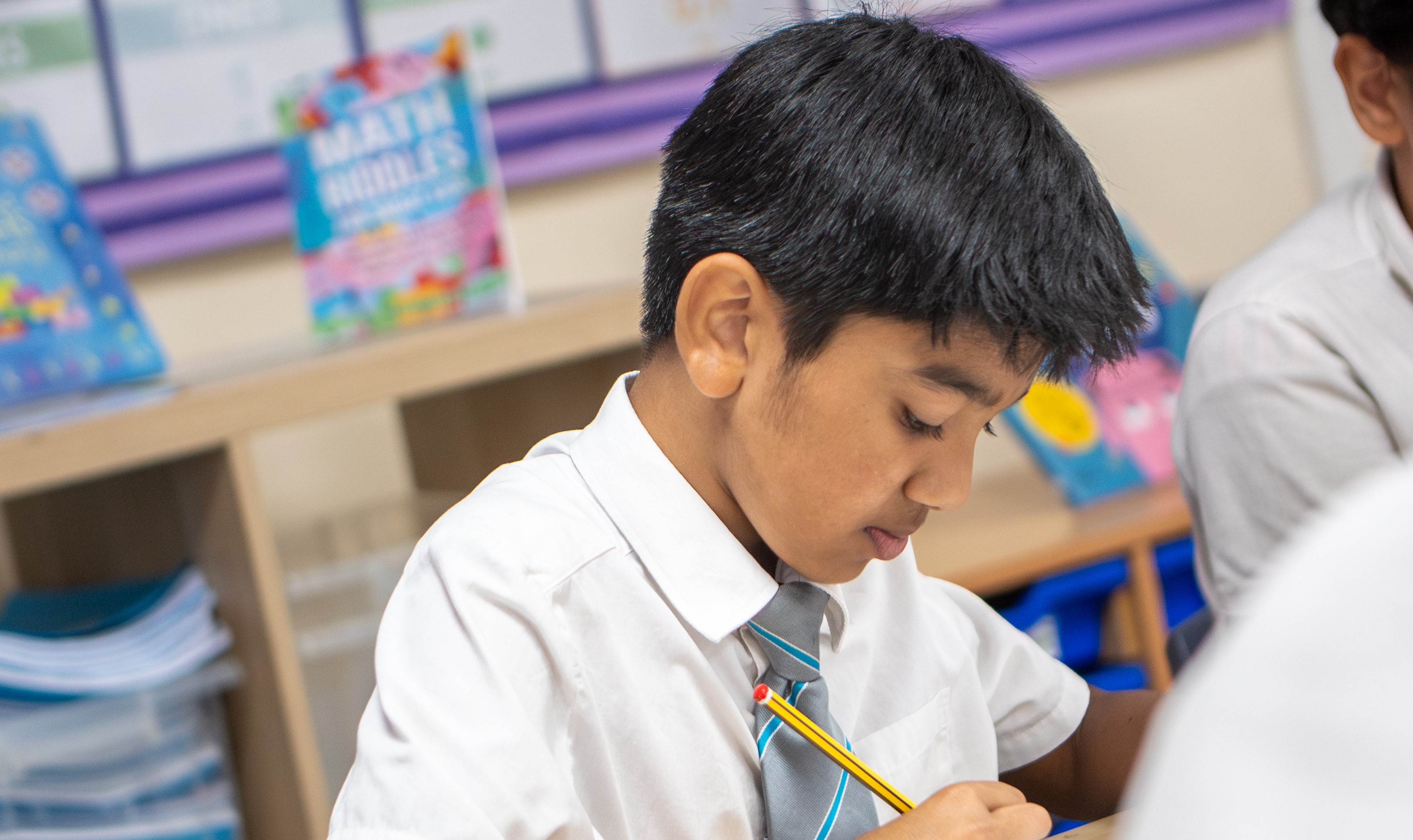
Transitioning from primary to secondary school is a landmark step in a child’s journey towards maturity and independence. In addition, moving from a smaller school, where everyone knows each other, to a larger environment in which children are taught by several different teachers and in several different rooms can also bring its challenges.
At Windmill, we believe that it is important to prepare children carefully for these changes, in to ensure that they have the best chance of making a smooth and confident transition. In upper Key Stage 2 (Year 5 and 6), the children are encouraged to become much more self-reliant in their learning, to think about how to organise their learning and manage their time. We teach them how to research, how to evaluate their work and to identify the next steps in their learning journey. This helps them to prepare for the greater demands for independent learning and of managing their time that secondary school makes.
In addition, children across the school take on a variety of job roles, helping with a range of tasks around the school, including Reading Leaders, Dining Hall Monitors, School Council and a whole host of other responsibilities. As well as making a valuable contribution to school life, these roles help the children to develop commitment, organisational skills and a sense of personal responsibility that will stand them in good stead in secondary school.
It is acknowledged that transition from primary school to secondary school may be just as big an event for parents as it is for children. Therefore, we invite parents to contact us for any information and support that they might need.
Any period of transition can be emotionally unsettling and confusing, and transition from primary school to secondary is no different. On the one hand, children may feel that they are looking forward to new opportunities, or on the other they may feel insecure about leaving a familiar environment; they may be looking forward to meeting new friends, or worried that they may lose touch with current ones. We recognise this and, in the summer term in particular, we timetable regular PSHE sessions to support children to voice their concerns and to constructively address their mixed feelings. For example, we reflect on past experiences and look forward both to opportunities and challenges; we explore ways to make new friends and who they can speak to at their new school if they are worried about anything once they start. We also have transition workshops run by the Mental Health Support Team in the summer term for Year 6 classes.
Secondary school undoubtedly places extra demands on children in terms of personal organisation, time management and a more complex journey to school. Experience shows that children who are well-prepared for this transition are often more successful. Parents can play a key role in helping children to gain confidence in taking on these challenges in a progressive way. For example, throughout Year 6, children should be encouraged to take responsibility for organising their own school bags and PE kits. In addition, they could be encouraged to identify a regular time for completing home learning each week.
Closer to the time of transition, parents could explore bus timetables with their child and could try a ‘dummy’ school run – perhaps allowing the child to board the bus independently and arranging to meet them at the other end.
In order to ensure that children make a smooth transition from Windmill to their chosen secondary school, and that new teachers are fully aware of each child’s strengths and capabilities, our Year 6 teachers fully brief each school about each child. As a result, in addition to the sharing of statutory test results, and their teacher’s own assessment of a child’s abilities, they also share information about a child’s sporting, artistic or musical skills and interests.
For special educational needs children (SEN), our special educational needs leader (SENCO) and Year 6 team will also hold additional meetings with the SENCO from the relevant secondary school. Furthermore, formal documentation of primary school SEND support arrangements for the child may be completed and passed over, where this is necessary. Where appropriate, PCR (person centred review) meetings are held with the child, parents, staff from Windmill and the relevant secondary school.
For children with an autistic spectrum disorder diagnosis or who are undergoing the diagnostic process, the autism team will provide additional support for transition. The Learning Support team and Sensory team also provide additional transition support for individual children.
As we have already said, making the change from primary to secondary school can be a daunting time, both for your child and for you! This guide is for you as a parent to read and share with your child to help you both prepare for the transition. As a parent there are lots of practical matters you will need to consider before the start of school and thereafter.